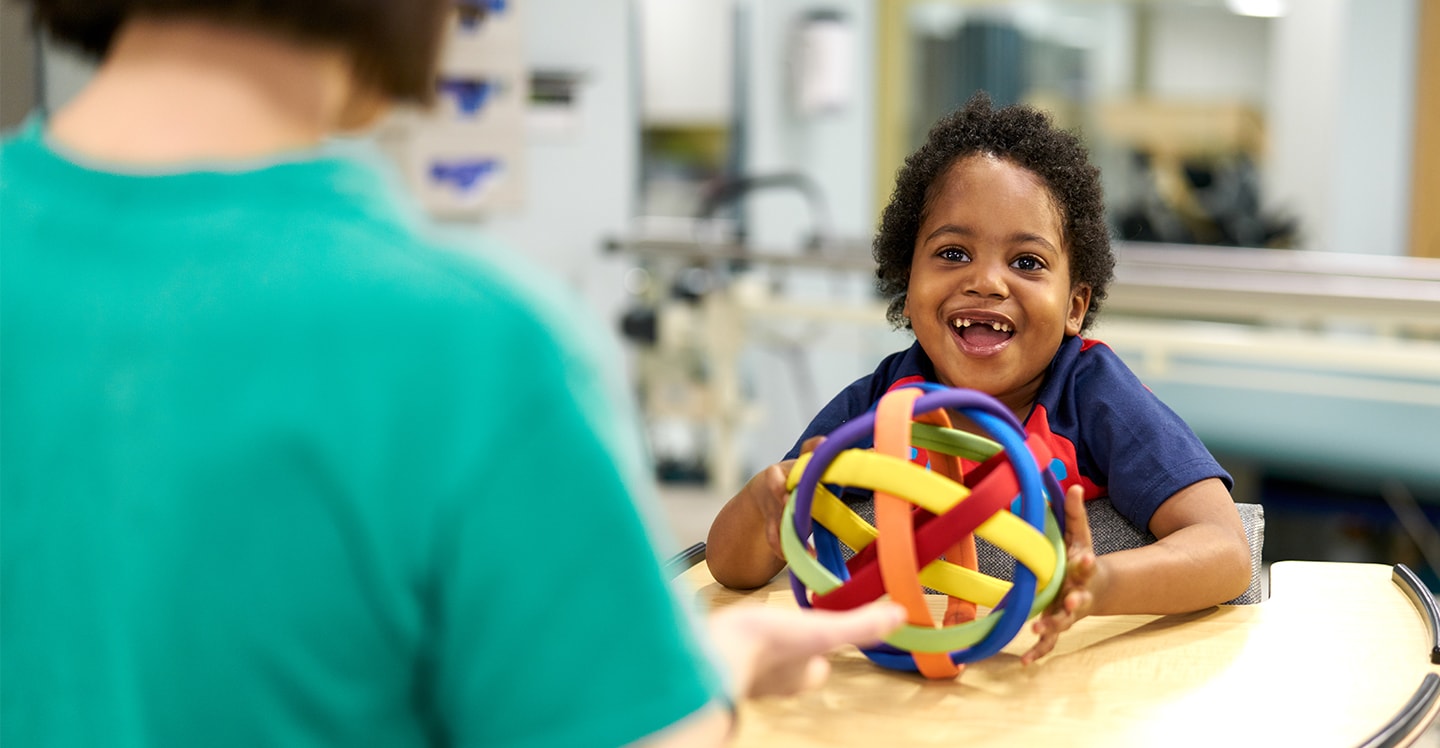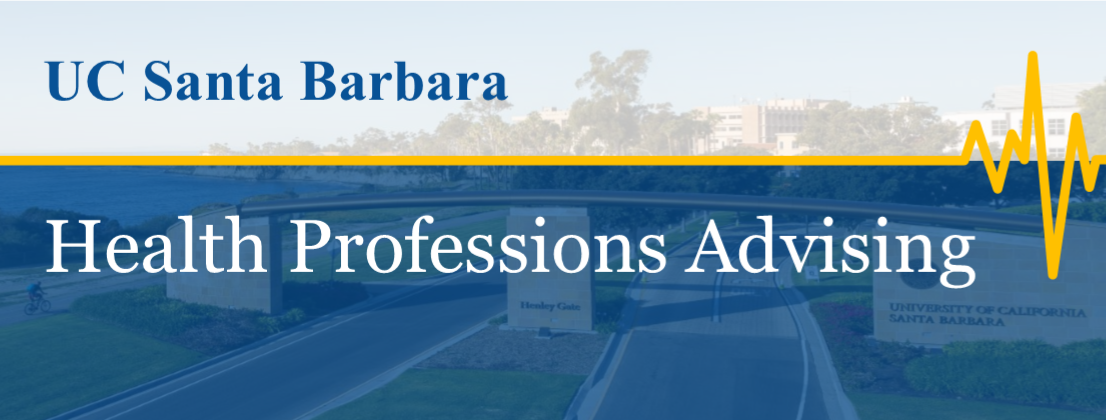Download the Occupational Therapy School Admissions Guide as a printable PDF
SO YOU WANT TO BE AN OCCUPATIONAL THERAPIST?

An Occupational Therapist is a healthcare provider who works with patients with injuries, illnesses, or disabilities in a clinical, educational, or private home setting. Through a variety of therapeutic methods and treatment plans, OT's help adults and children improve their ability to do everyday activities such as getting dressed, eating, playing sports, doing school work, and so much more!
Occupational Therapist or Occupational Therapist Assistant?: Which is the best fit for you?
I Want to Become an Occupational Therapist (OT)
- An OT is responsible for assessing their patient/client and creating a treatment plan that will help them reach their goals. They supervise OTAs who carry out treatment plans.
- You will need to complete a master’s or doctorate degree OT program.
- The average OT program length is 2-3 years.
I Want to Become an Occupational Therapy Assistant (OTA)
- An OTA is a practitioner who works under the supervision of an OT and carries out the treatment plan created by the OT.
- You will need to complete an associate or a bachelor’s OTA program.
- The average OTA program length is 2 years.
PREREQUISITES: EACH OCCUPATIONAL THERAPIST SCHOOL ESTABLISHES ITS OWN SET OF PREREQUISITES. CHECK THE WEBSITES OF THE SCHOOLS THAT YOU ARE INTERESTED IN ATTENDING TO OBTAIN A CURRENT LIST OF UNDERGRADUATE REQUIREMENTS. IF YOU ARE UNSURE OF WHETHER CERTAIN COURSES YOU'VE TAKEN WILL SATISFY A PARTICULAR SCHOOL'S REQUIREMENTS, PLEASE REACH OUT TO THOSE SCHOOLS DIRECTLY.
| *Anatomy/Physiology with Labs (Full Year) | SBCC: BMS 107: Human Anatomy w/lab and BMS 108: Human Physiology w/lab |
| Math/Statistics (1 Course) | PSTAT 5LS (5 units): Statistics for Life Sciences/PSTAT 5A (5 units): Statistics |
| *Medical Terminology (2 credits) | SBCC: HIT 135 (3 units): Basic Medical Terminology |
| *Lifespan Development (1 Course) | SBCC: PSY 145 Human Development (Contact SBCC for more information.) |
| Recommended Courses | Physics, General Psychology, Abnormal Psychology, Sociology/Social Problems, Anthropology |
EXAM AND GPA:
The Graduate Record Exam (GRE) is a standardized examination that consists of four multiple-choice sections that cover basic mathematics and reading comprehension skills. The GRE is designed to measure general academic ability. Typically, students take the GRE about one calendar year prior to their intended date of matriculation to professional school. The GRE is a nationally standardized test, similar to the ACT and SAT. A GRE score is good for three years at most schools, so taking the test in the spring of junior year does not necessarily mean that you must enter your Occupational Therapy program right after college graduation. Average scores are:
REVISED: A combined score of 290 for most schools
OLD: 500 on Verbal and 500 on Quantitative (minimum 1000)
Grade Point Average (GPA): Minimum GPA requirements vary from program to program, but MOST programs have a minimum 3.0 GPA requirement. In addition, most programs require that all prerequisite courses must be passed with a “C” or better. They generally want to see competitive test scores and GPAs.
TIMELINE
| **Students should note that there is no set path or timeline that dictates when students have to take their admission test or apply to professional school. Professional schools DO NOT penalize studenst for not applying at a particular time. The timeline above is only a guide, and students should plan to meet with a pre-health advisor to discuss their individual goals and needs | ||||
|
||||
RESOURCES:
Why Choose OT Click Here
The American Occupational Therapy Association (Accredited Program Directory) Click Here
Occupational Therapy Central Application Service (OTCAS) Click Here
GRE Information/Dates Click Here
